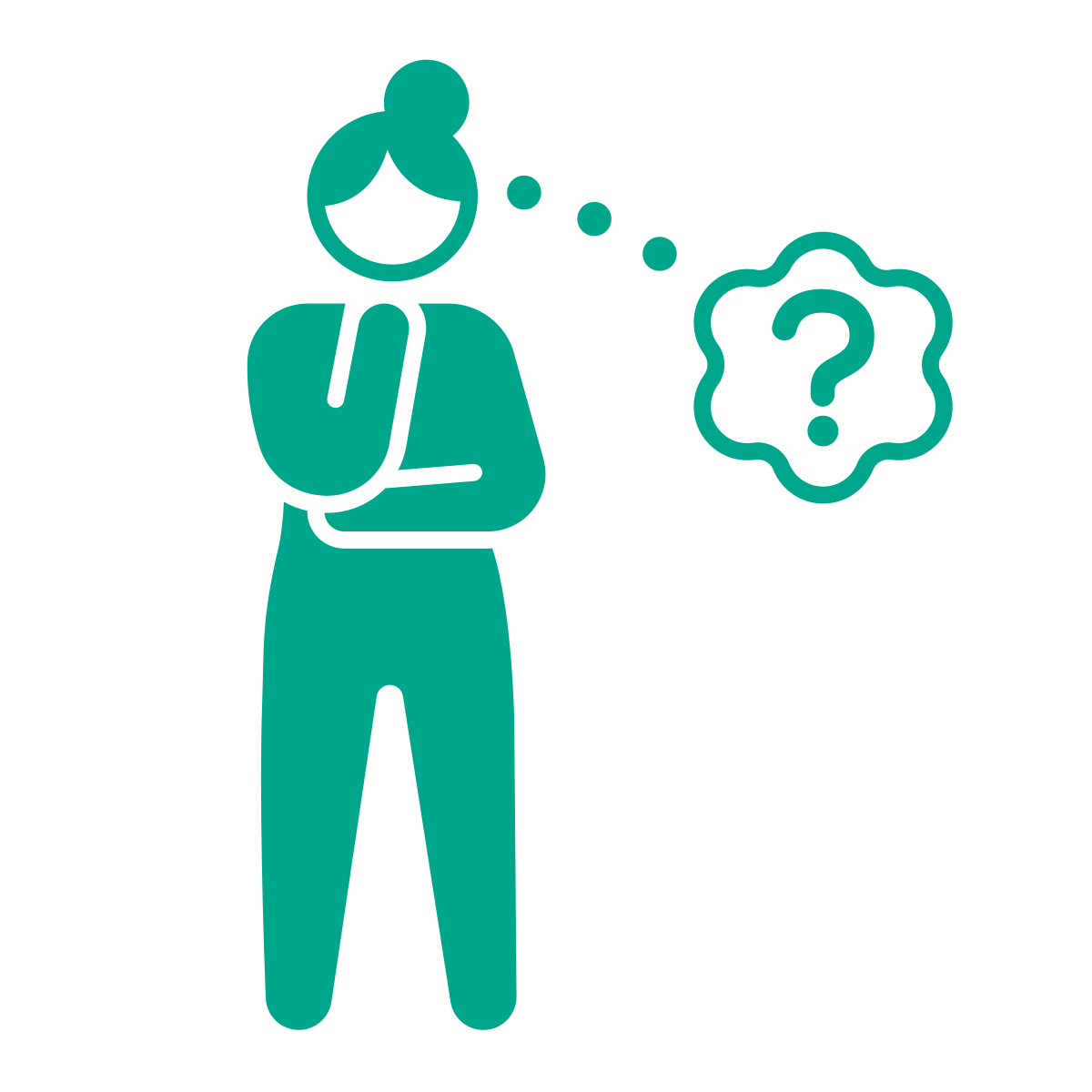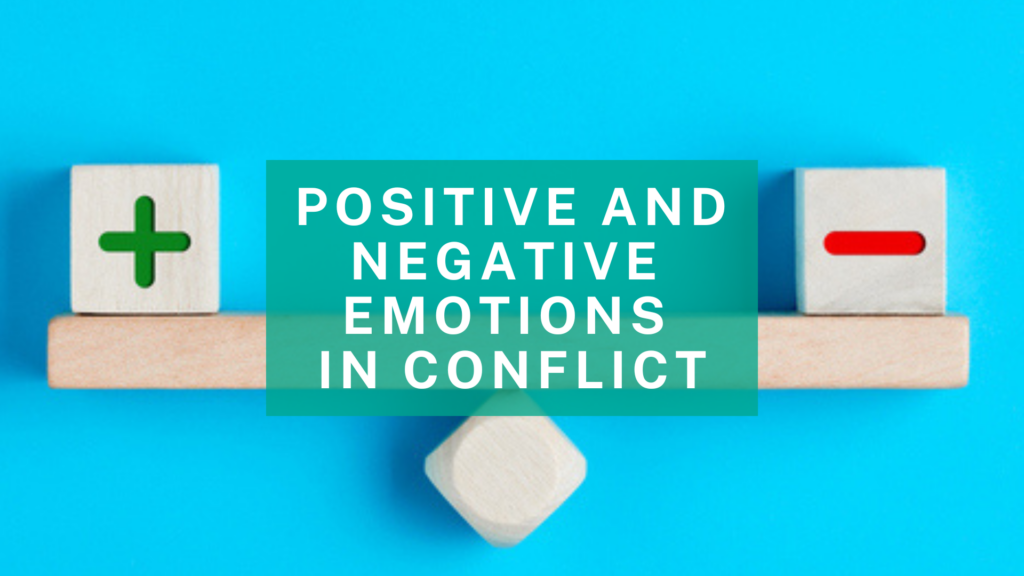When we think about the kinds of emotions people experience in conflict, we usually think of negative ones like anger or frustration, and how to minimise the harm that these emotions can have on engagement and resolution.
However, as conflict practitioners we can also promote emotions that have a positive impact on conflict engagement and resolution. These kinds of emotions are not always the ones we think of as positive, such as happiness and empathy. Sometimes emotions that we think of as negative can have a positive impact on conflict if they are experienced and expressed appropriately.
How do we distinguish between a positive and a negative emotion?
Whether an emotion is positive or negative can vary depending on whether we consider how the emotion feels to the person experiencing it, or the impact of the emotion on that person and others subsequently.

Some emotions are unpleasant to experience but can lead to positive outcomes. For example, a feeling of guilt can motivate a person to apologise or engage in reparative actions.
In contrast, some emotions are very pleasant to experience, but can lead to negative outcomes. A good example of this is pride, which, as the saying goes, often comes before a fall. Other examples may be positive emotions that arise from experiencing enjoyable stimuli, such as food or sex. While desire, pleasure and contentment may feel good in the moment, in certain situations they can also lead us to engage in behaviour that harms ourselves and others.


Emotions that involve a change in the individual’s understanding of, or knowledge about, the world are usually considered positive emotions. These include emotions that trigger the seeking out of new information (e.g. curiosity), or the realisation that an expected negative event will not occur (e.g. relief).
Certain emotions can serve the function of orienting people towards the welfare of others and to foster profound social relationships, and so are also seen as positive emotions. Prosocial emotions include love, compassion, gratitude, and admiration.

Here are a few counter-intuitive examples of how emotions and moods can impact on a person’s engagement with conflict:

People experiencing emotions consistent with a bad mood are more likely to pay attention to detail, are less likely to stereotype or jump to conclusions, and are more likely to engage in information seeking, and are more motivated to work towards change.
People who express anger towards others (when justified and expressed appropriately) can motivate others to respond in a positive way.


People who are happy and contented are less likely to be motivated to engage in activities designed to change the status quo.
People who are in a good mood are likely to jump to conclusions based on their pre-existing knowledge and beliefs, and be more confident in their opinions and decisions (whether or not that confidence is justified). Happy people tend to give others the benefit of the doubt, which can sometimes mean that they do not do the recommended due diligence before committing to something.


Emotions such as surprise, hope and fear encourage uncertainty, which when harnessed in a productive way can lead to curiosity and openness to new information.
People in a bad mood are less gullible and less susceptible to some common psychological distortions (e.g. giving more value to what is presented first, and judging attractive people as having more desirable qualities). They are more likely to be able to detect deception.

Would you like to know more about how emotions (both positive and negative) can impact on conflict and conflict resolution?

Would you like to learn strategies to support people to leverage their emotions (the ones that feel good as well as the ones that feel bad) to cognitively engage with constructive conflict management?
Check out CCI Academy’s new Working with Emotions in Conflict fully flexible online course. It includes over 20 hours of video lessons, plus additional written content and activities to apply your learning.
If you enjoyed this newsletter and would like to receive more (I send two each month), you can subscribe here: https://www.linkedin.com/newsletters/conflict-matters-6948534098961252352/

